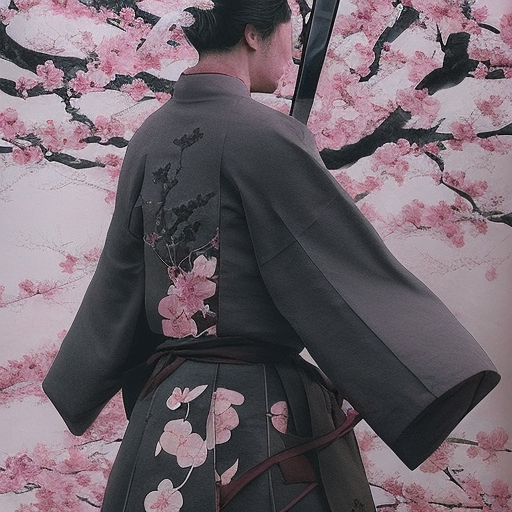The Twilight Samurai by Yoji Yamada
Summary: “The Twilight Samurai” is a poignant and beautifully crafted samurai film directed by Yoji Yamada. Set in 19th century Japan, it follows the life of Seibei Iguchi, a low-ranking samurai struggling to make ends meet while caring for his two daughters and senile mother. When he is unexpectedly drawn into a conflict between two rival clans, Seibei must confront his own inner demons and find the strength to protect his loved ones.
Main Cast and Crew:
- Director: Yoji Yamada
- Writer: Yoji Yamada, Yoshitaka Asama
- Key Actors: Hiroyuki Sanada as Seibei Iguchi, Rie Miyazawa as Tomoe, Nenji Kobayashi as Zenemon Yogo
- Music Director: Isao Tomita
- Director of Photography: Mutsuo Naganuma
- Producers: Hiroshi Fukazawa, Shigehiro Nakagawa, Ichiro Yamamoto
Plot:
Set in the twilight years of the samurai era, “The Twilight Samurai” revolves around Seibei Iguchi, a widowed samurai struggling to make a living as a low-ranking bureaucrat. Seibei’s life is consumed by his responsibilities as a father to his two young daughters and a caregiver to his senile mother. Despite his poverty and social status, Seibei finds solace in his simple life and the beauty of nature.
When Seibei’s childhood love, Tomoe, returns to his life as a widow, their connection is rekindled. However, their blossoming romance is threatened when Seibei is unexpectedly drawn into a conflict between two powerful clans. As tensions rise, Seibei is forced to confront his own inner demons and make difficult choices to protect his loved ones.
Throughout the film, Yoji Yamada masterfully portrays the struggles of a man torn between duty and personal happiness. Seibei’s journey is a poignant exploration of honor, sacrifice, and the complexities of love. The film beautifully captures the essence of samurai culture, showcasing the dichotomy between the elegance of the samurai code and the harsh realities of everyday life.
Themes and Motifs:
“The Twilight Samurai” delves into several central themes, including the conflict between duty and personal desires, the changing social dynamics of the samurai class, and the resilience of the human spirit. The film highlights the importance of finding beauty and meaning in the simplest aspects of life, even in the face of adversity.
The motif of twilight serves as a metaphor throughout the film, symbolizing the end of an era and the fading glory of the samurai. It represents the characters’ struggle to adapt to a changing world and find their place in society.
Reception and Legacy:
Upon its release, “The Twilight Samurai” received critical acclaim for its captivating storytelling, nuanced performances, and stunning cinematography. It was nominated for the Academy Award for Best Foreign Language Film in 2004 and won numerous awards at international film festivals.
The film’s lasting impact on cinema lies in its ability to humanize the samurai genre and explore the emotional depth of its characters. “The Twilight Samurai” stands as a testament to Yoji Yamada’s skill as a director and his ability to create deeply moving narratives.
Recommendation:
“The Twilight Samurai” is a must-watch for fans of samurai films and those who appreciate thought-provoking storytelling. With its compelling characters, breathtaking visuals, and heartfelt performances, the film offers a unique perspective on the samurai genre. It is a poignant exploration of duty, love, and the indomitable human spirit.
Memorable Quote:
“Even if I become a ronin, I will never be a samurai like you. But I’m glad I met you. I’m glad I met you, Seibei.” – Tomoe












